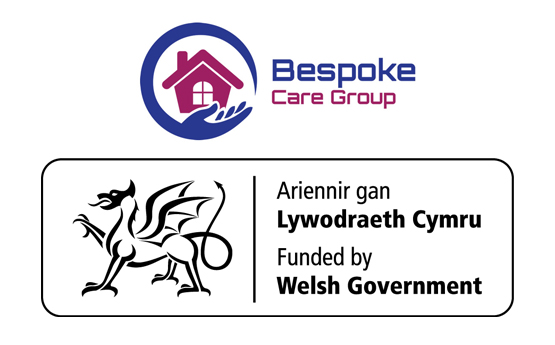Project Overview
The transition period from care to independent living is a highly challenging time for young care leavers and unfortunately, often leads to poor outcomes. For example, >25% of individuals currently detained within England and Wales prisons are care leavers; only 43% of young care leavers in Wales remain within higher / further education, training, or employment after 24 months; >20% of homeless people within Wales were once in the care system; and 45% of care leavers in Wales are clinically diagnosed with a mental health disorder. Such negative outcomes for the care leaver have significant social and economic implications for Wales.
Nevertheless, there is evidence to suggest that if the young person is supported effectively towards a successful transition out of care, the associated negative outcomes can be mitigated, and the likelihood of positive outcomes (e.g., mental health and wellbeing, employment, financial independence, and civic obedience) can increase. In turn, this will lessen the social and economic burden placed on the Welsh governance, health, and justice systems.
There are a number of key factors considered to encourage the young person to experience the above positive outcomes, as they progress through, and leave the care setting. Namely, the development of: i) life, employability and social skills / support networks; and ii) self-care and positive well-being. In this context, the latter is a broad term consisting of psychological components that include psychological resilience, emotional regulation, psychological skills, interpersonal skills, effective communication, and mental health literacy.
Bespoke Care Group Ltd. (BCGL) is a private care provider, regulated and / or monitored by Care Inspectorate Wales (CIW), and offers residential care, alongside training opportunities to young people (14-18yrs) in Swansea. Hence, BCGL targets the development of the young persons’ life, employability, and social skills. However, like all other providers in Wales, they do not offer an evidenced-based programme which aims to enhance the residents’ self-care and wellbeing – a critical determinant of positive outcomes for care leavers.
Project Aims
The project aim was to design, deliver, evaluate, and refine, an evidence-based psychological programme of work (“Forward-Thinking”; Hill, 2021) for the young people within BCGL, which specifically developed their psychological resilience, emotional regulation, psychological / interpersonal skills, effective communication and mental health literacy. Collectively, such psychological components would then in turn, enhance their self-care and wellbeing, and engender the desired long-term positive outcomes.
The programme was delivered to the young people by a full-time practitioner embedded within BCGL, over a period of 12 months.
Project Outcomes
Forward Thinking improved (objectively and subjectively) each young person’s wellbeing, psychological resilience, emotional regulation, psychological / interpersonal skills, effective communication, and mental health literacy.


